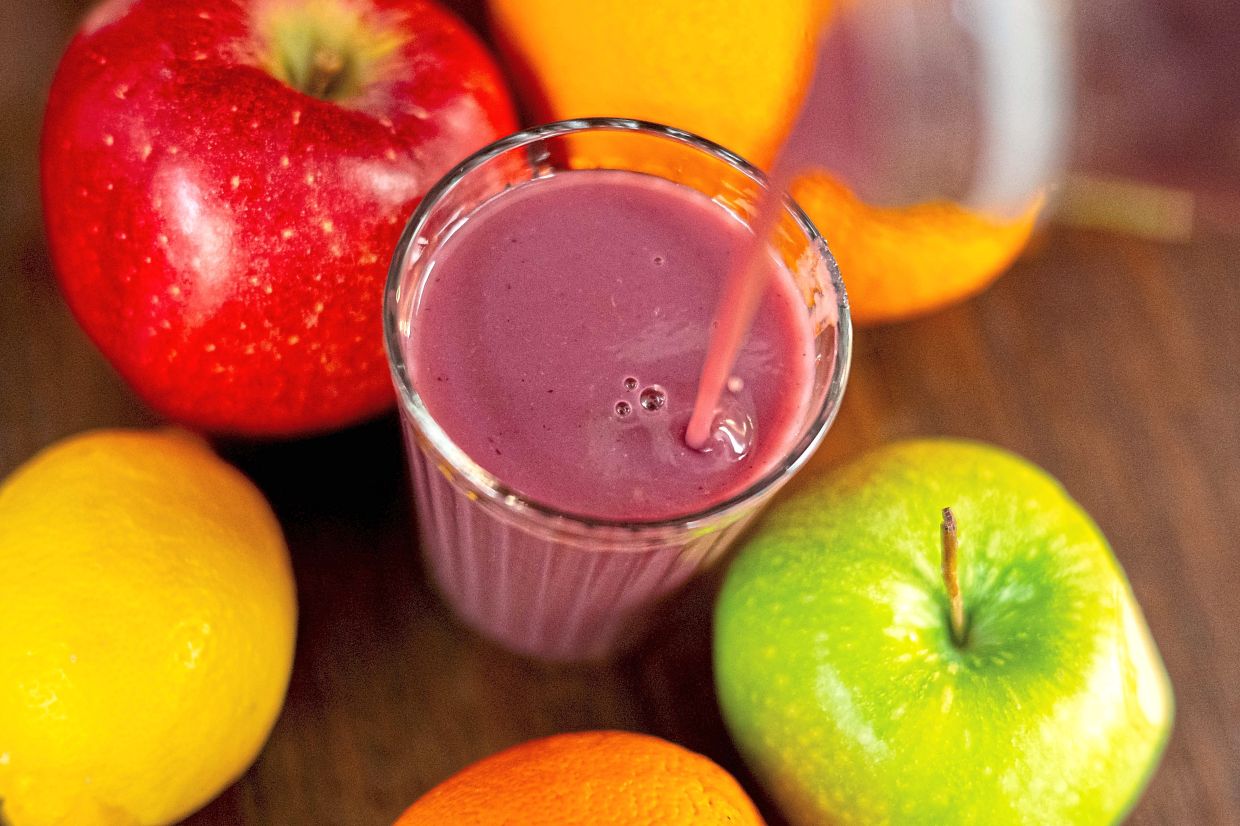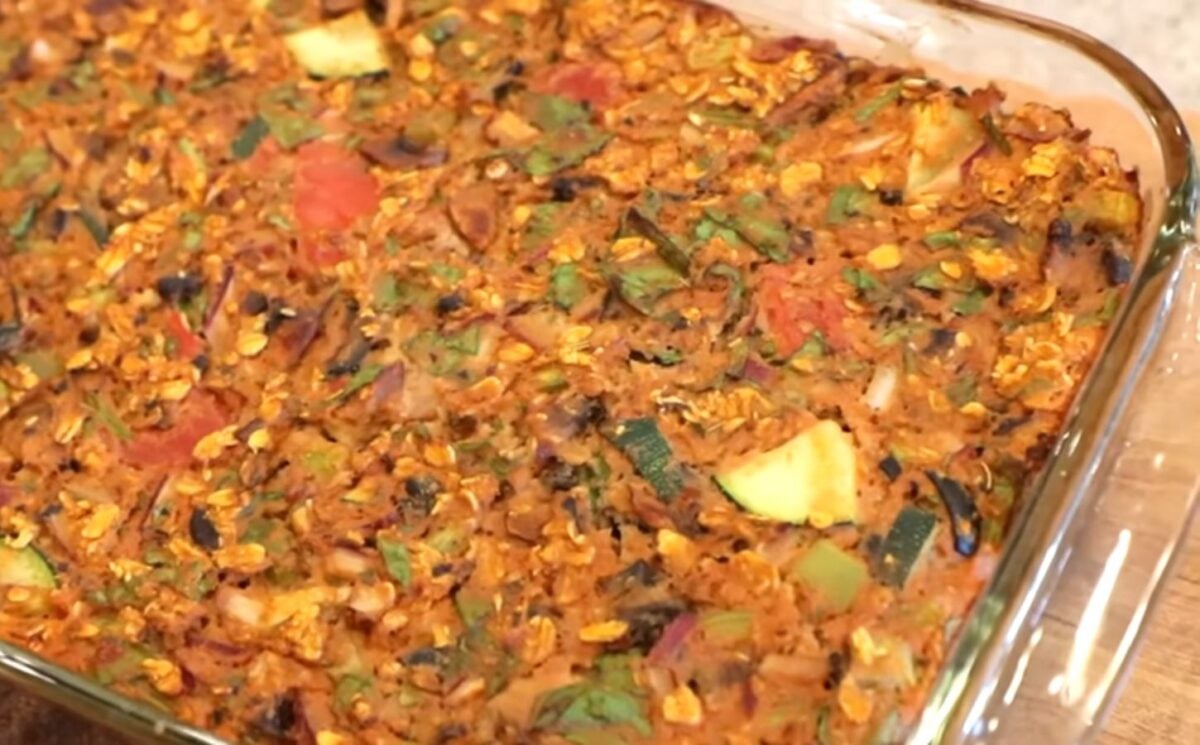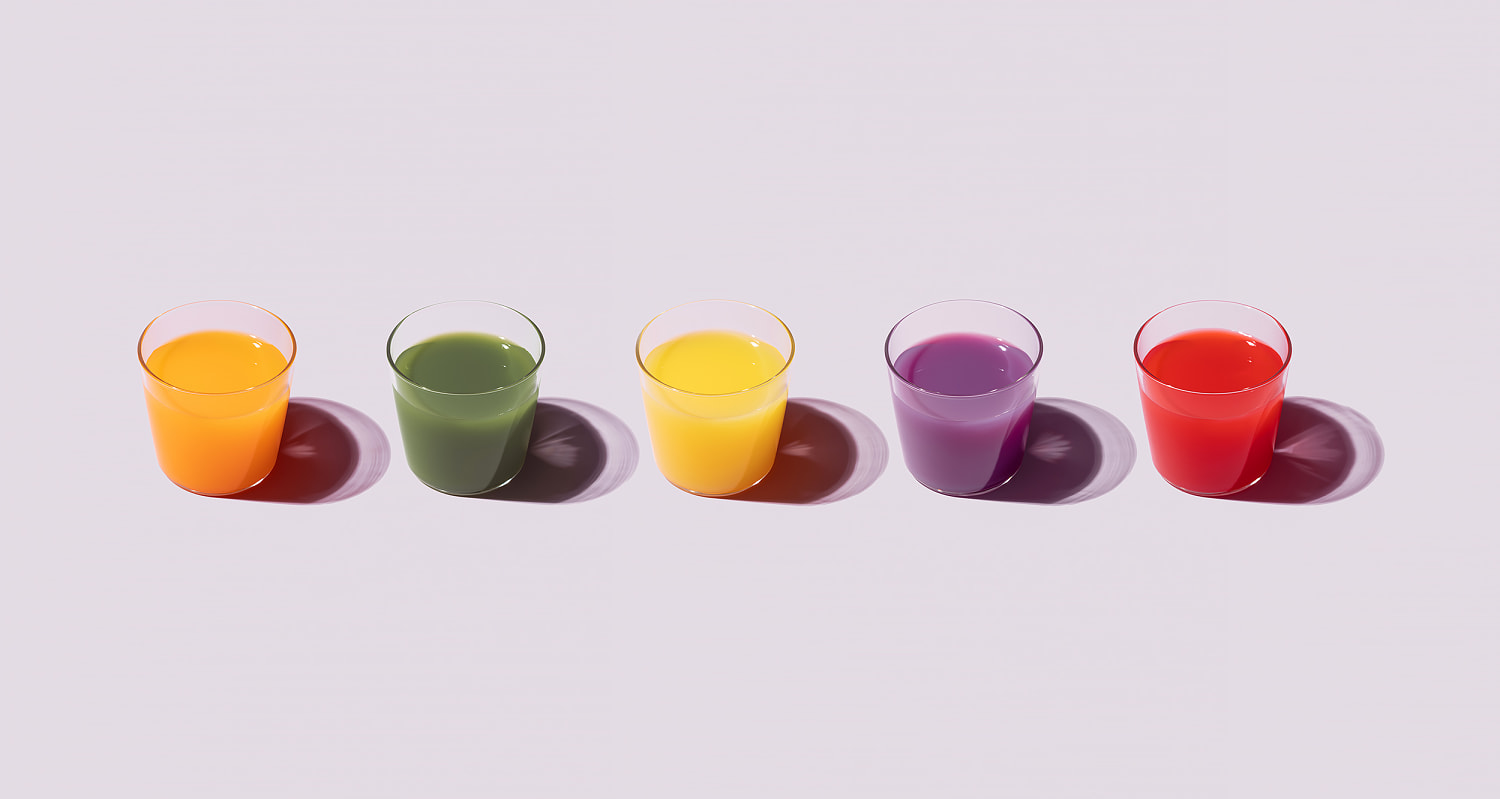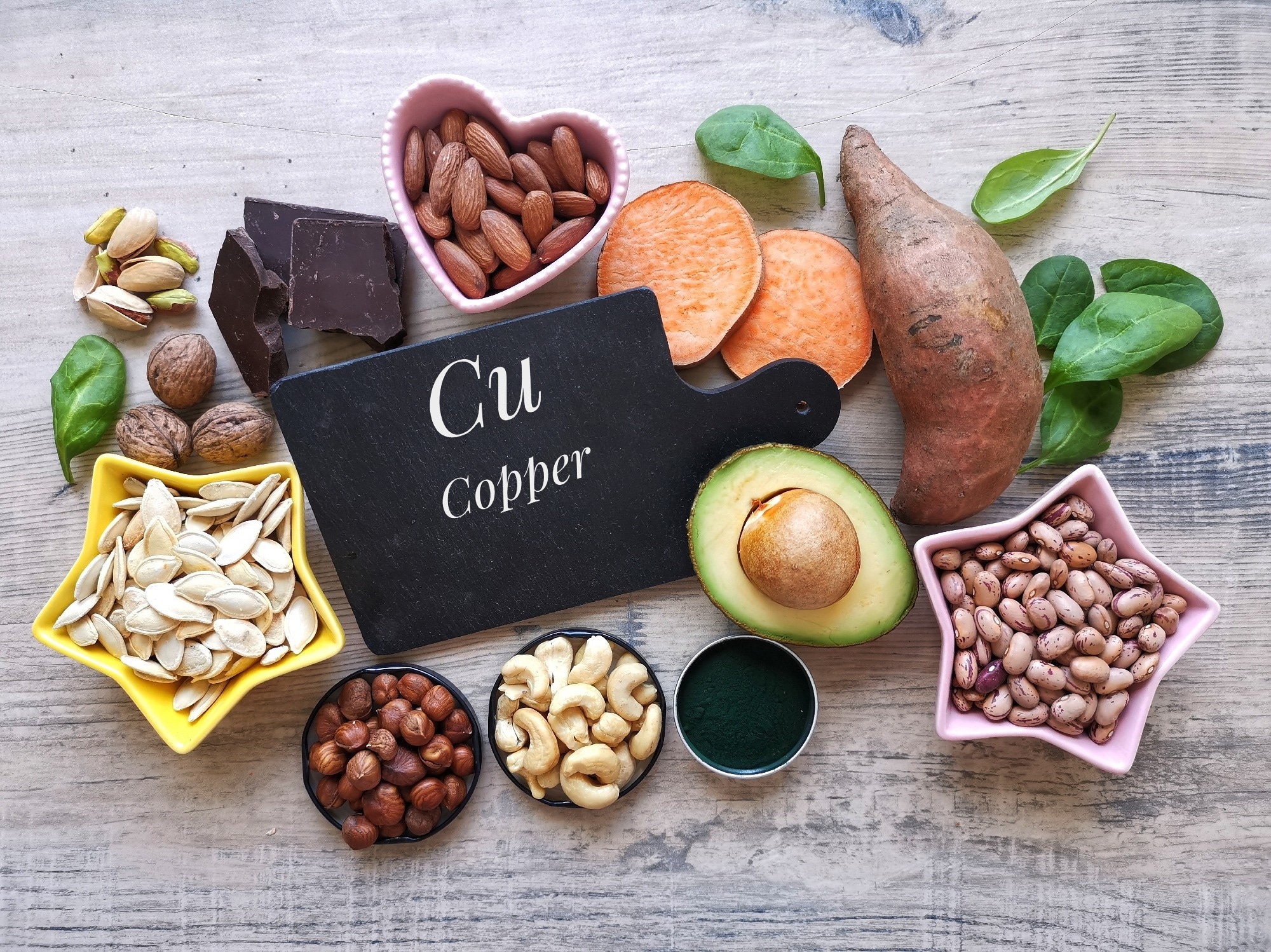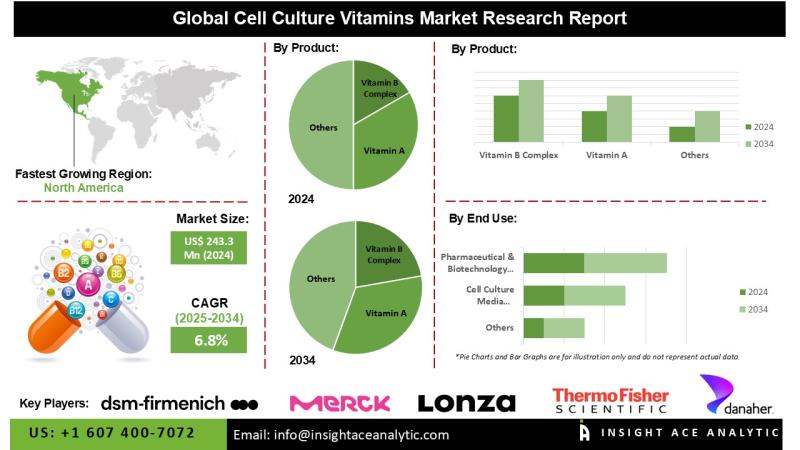Summary
Researchers found that it is especially beneficial for older people. Read full story
Source: The Star

AI News Q&A (Free Content)
Q1: What role does nitric oxide play in lowering blood pressure, and how is beetroot juice a part of this process?
A1: Nitric oxide is a signaling molecule with vasodilatory properties that help widen blood vessels, improving blood flow and reducing blood pressure. Beetroot juice is rich in nitrates, which the body converts to nitric oxide, thus contributing to blood pressure reduction, especially in hypertensive individuals.
Q2: How effective is beetroot juice in managing blood pressure among older adults according to current research?
A2: Research indicates that beetroot juice significantly lowers systolic blood pressure in older adults. A study found that daily consumption of beetroot juice can improve blood vessel function and potentially reduce cardiovascular risks among postmenopausal women.
Q3: What are the potential long-term benefits of incorporating beetroot juice into a daily diet?
A3: While long-term studies are limited, beetroot juice's high nitrate content may offer sustained cardiovascular benefits, such as improved endothelial function and reduced risk of heart disease, if consumed regularly as part of a balanced diet.
Q4: Are there any specific dosage recommendations for nitrate consumption from beetroot juice to achieve blood pressure benefits?
A4: Studies suggest effective nitrate dosages range from 6-12 mmol/day (approximately 510-1020 mg of nitrate), which can be sourced from dietary components like beetroot juice and leafy greens. This dosage has shown promise in enhancing cardiovascular health and reducing reliance on conventional antihypertensive therapies.
Q5: How does beetroot juice compare to other dietary interventions like the DASH diet in managing high blood pressure?
A5: Beetroot juice provides a concentrated source of nitrates that directly impact blood pressure. In comparison, the DASH diet offers a broader approach, emphasizing low sodium and high intake of fruits, vegetables, and low-fat dairy, collectively reducing blood pressure by up to 11 mm Hg. Both can be complementary in blood pressure management.
Q6: What are the mechanisms by which beetroot juice reduces oxidative stress and supports cardiovascular health?
A6: Beetroot juice enhances nitric oxide bioavailability, leading to improved endothelial function and reduced oxidative stress. This process helps maintain cardiovascular health by dilating blood vessels and improving blood flow, which is crucial in reducing hypertension-related complications.
Q7: What are the implications of beetroot juice consumption for individuals with peripheral artery disease (PAD)?
A7: Beetroot juice may offer therapeutic benefits for PAD patients by improving blood flow and reducing symptoms associated with reduced circulation. Its potential to enhance nitric oxide levels could improve vascular health and functional capacity in these individuals.
References:
- Biological functions of nitric oxide
- Exploring sodium nitrate supplementation in enhancing nitric oxide bioavailability and reducing oxidative stress: implications for blood pressure and endothelial dysfunction in hypertension
- Exploring the therapeutic potential of beetroot juice in patients with peripheral artery disease: A Narrative review
- Does a beet a day keep heart disease away?
- Beetroot supplementation lowers daily systolic blood pressure in older, overweight subjects
- Mayo Clinic - High Blood Pressure: How to reduce it


